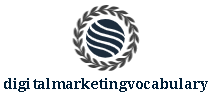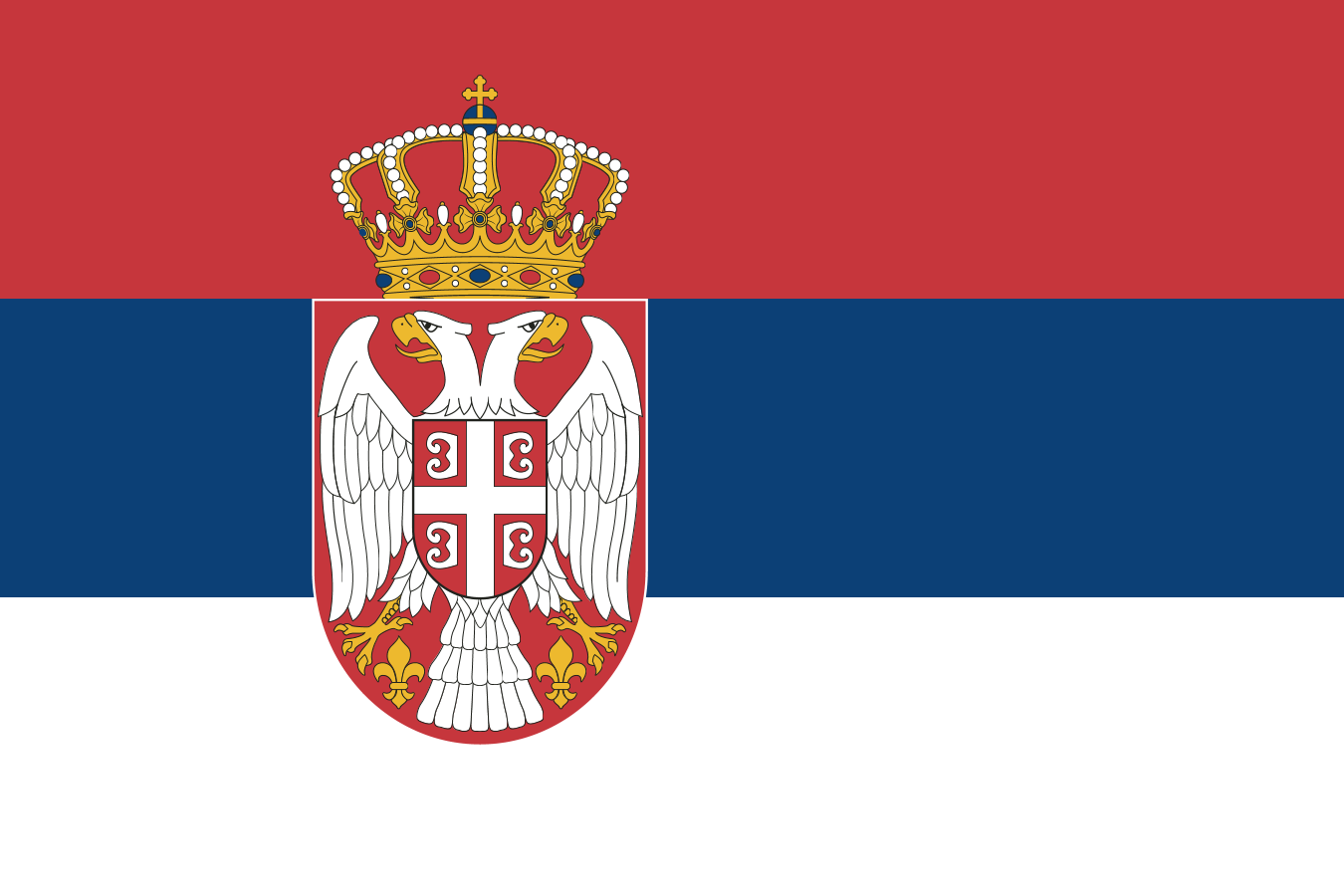What is Paid Search: An Introduction to PPC Advertising Basics
Paid search is a digital marketing strategy where businesses pay for their advertisements to appear on search engine results pages (SERPs). When users search for keywords related to a product or service, these ads show up prominently, often above or alongside the organic search results. This model is typically associated with pay-per-click (PPC) advertising, where businesses are charged a fee each time a user clicks on their ad. The primary goal is to drive targeted traffic to websites, which could lead to increased sales, leads, or other desired actions by potential customers.
The cornerstone of a successful paid search campaign lies in choosing the right keywords and crafting compelling ad copy. Advertisers bid on keywords they believe their target audience will use when searching for related products or services. Search engines then use algorithms to determine which ads are displayed, considering factors such as relevancy, landing page quality, and the amount of the bid. Well-executed campaigns are marked by continuous optimization, where data on ad performance is analyzed to refine keywords, manage bids, and improve ad copy.
Key Takeaways
- Paid search helps businesses appear prominently on SERPs through paid advertisements.
- Successful campaigns rely on choosing appropriate keywords and creating effective ad copy.
- Continuous optimization of campaigns is crucial for improving performance and achieving desired outcomes.
Foundations of Paid Search
Our exploration begins with understanding the framework of paid search, from its basic definition to its critical components and its significance in digital marketing.
Definition of Paid Search
Paid search is a targeted advertising strategy where we pay for our adverts to appear on search engine result pages (SERPs) when specific keywords are typed. This model is often referred to as pay-per-click (PPC), where we are charged only when a user clicks on our ad.
Key Components
- Keywords: The specific words or phrases that trigger our ads to appear.
- Match Types: Broad, phrase, exact, and negative match types determine how closely the search query must match our keywords.
- Ad Copy: The text portion of a PPC ad. It's important to craft compelling ad copy that is relevant to the keywords and resonates with the target audience.
- Landing Pages: The webpage where users are directed after clicking our ad. It’s crucial that the landing page is relevant and provides a seamless user experience to encourage conversions.
- Bidding Strategy: Our approach to setting the amount we are willing to pay for each click. We can choose automatic bidding or manually set bids for better control.
- Quality Score: A metric used by search engines to determine the relevance and quality of our ads and keywords. It influences our ad position and the cost per click.
- Campaign Settings: The options which govern where, when, and to whom our ads will be shown. This includes targeting options such as location, language, and device.
Importance of Paid Search
Paid search is essential for immediately increasing visibility on SERPs and driving targeted traffic to our site. It complements organic search efforts and provides measurable results that help us fine-tune our marketing strategies.
Execution of Paid Search Campaigns
Executing a paid search campaign effectively requires meticulous planning and ongoing management. We focus on precise targeting, budget control, comprehensive performance analysis, and constant campaign optimization.
Campaign Setup and Targeting
Before launching a paid search campaign, we ensure that the campaign structure aligns with our objectives. Critical components include keyword selection, ad copy creation, and landing page relevance.
- Keyword Selection: We identify high-intent keywords and categorize them into themed ad groups.
- Ad Copy: We craft compelling ad messages that include key benefits and a call-to-action (CTA).
- Landing Pages: We direct traffic to landing pages that match the search intent and offer a seamless user experience.
Budgeting and Bidding Strategies
Our approach to budgeting and bidding is both strategic and data-driven, ensuring a cost-effective campaign.
- Daily Budgets: We set daily spending limits that align with our overall budget.
- Bidding: We use a mix of manual and automated bidding strategies to maximize return on ad spend (ROAS).
- Manual Bidding: We set bid amounts based on keyword performance.
- Automated Bidding: We leverage algorithms to adjust bids in real-time.
Performance Measurement and Analytics
To measure success, we meticulously track and analyze key performance indicators (KPIs).
- Conversion Tracking: We set up conversion tracking to monitor actions that add value to our business.
- KPI Monitoring: We continuously monitor metrics such as click-through rate (CTR), cost per click (CPC), and conversion rate.
- Analytics Tools: We utilize tools like Google Analytics to gain insights into user behavior and campaign performance.
Optimization Techniques
Campaign optimization is an ongoing process aimed at improving performance and efficiency.
- A/B Testing: We run experiments comparing different elements of our ads to determine the most effective version.
- Search Query Analysis: We review search term reports to refine keyword lists and improve targeting.
- Bid Adjustments: We adjust bids based on device, location, and time of day to optimize performance.

 EN
EN DK
DK SR
SR DE
DE FI
FI